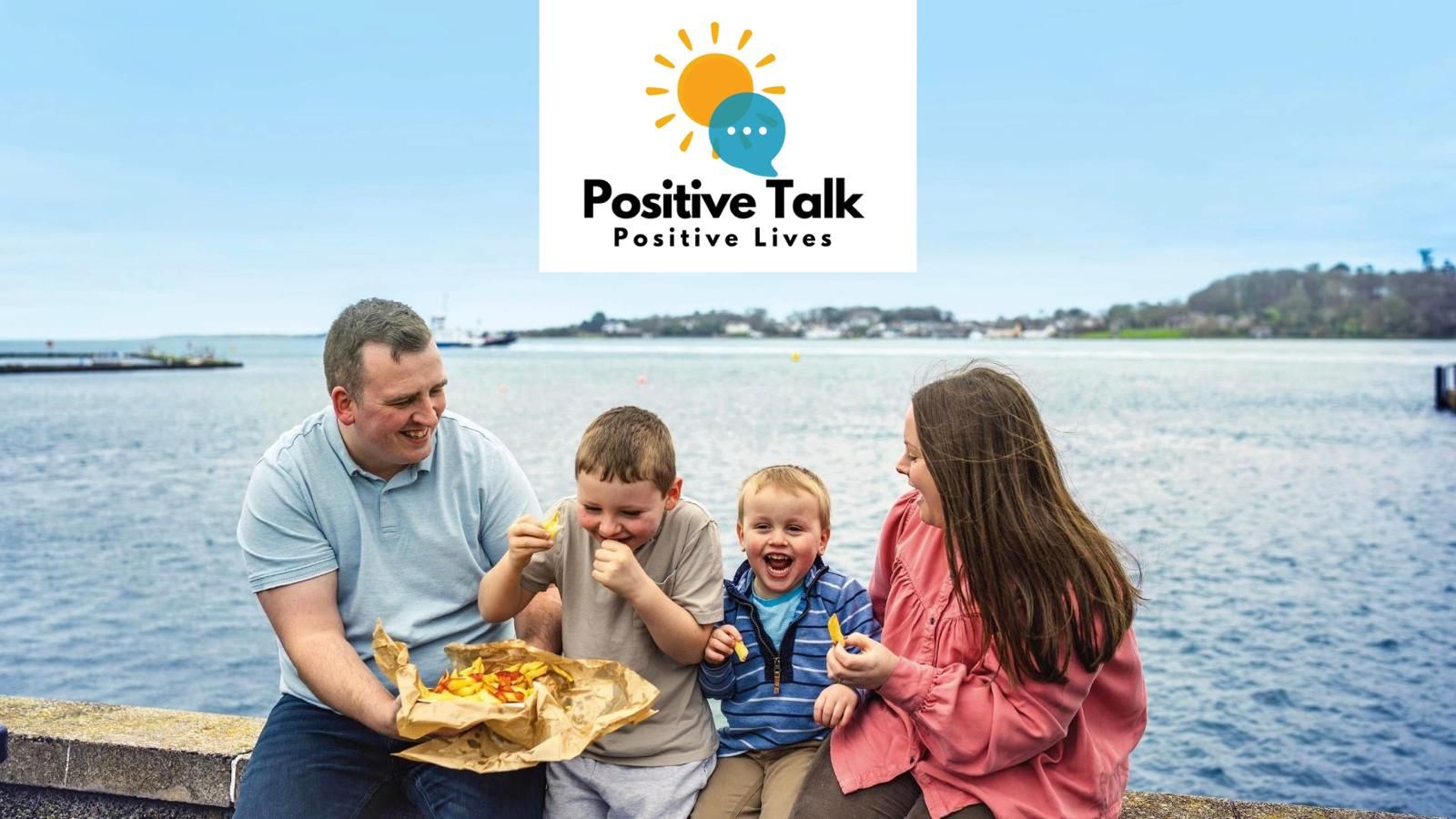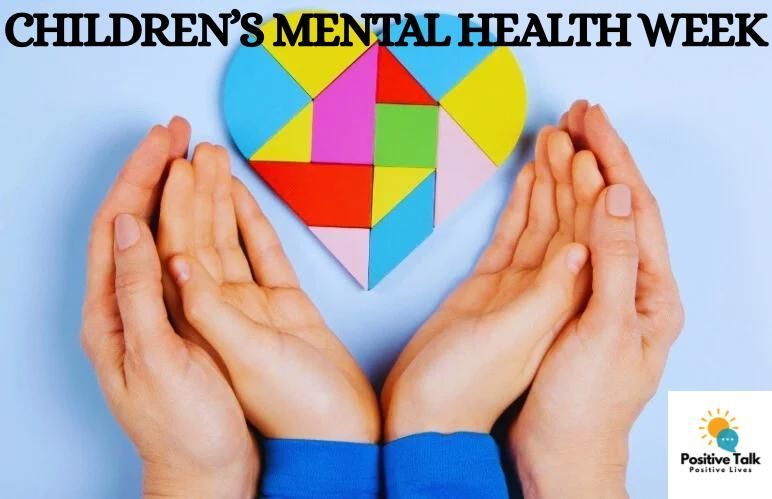How Counselling at Positive Talk Can Support You in Creating Positive Change at Any Stage of Life
At Positive Talk we believe that everyone deserves the chance to create positive change and live a fulfilling life. Whether you are facing life challenges, navigating personal struggles, or you are simply looking to grow and thrive, counselling can be a transformative tool.
In this article we will explore how counselling at Positive Talk can support you, the types of therapeutic approaches we offer, and why reaching out to a professional is a powerful step towards positive change.
What Is Counselling? Learn How Positive Talk Supports Mental Health
Counselling at Positive Talk provides a safe and non-judgmental space where you can explore your thoughts, feelings, and behaviours. Our trained professionals use evidence-based approaches to help you understand and address the challenges you are facing.
We offer counselling services to individuals, couples, families, and businesses alike. Whether you are dealing with anxiety, depression, relationship issues, trauma, or personal development, we tailor our sessions to meet your unique needs. Our goal is to empower you with the tools and insights necessary to make meaningful and lasting changes.
Positive Talk’s support is accessible to everyone. You can choose from face-to-face appointments, online appointments at any of our comfortable locations in Coventry and Derby. We also offer support via home visits depending on your preference and your needs. Additionally, we provide same day appointments when available to ensure timely support.
We welcome clients from all diverse backgrounds, ages, and experiences, ensuring our counselling services are inclusive and accessible to all.
Some Types of Theories Available Through Counselling
Our counsellors are skilled in a variety of therapeutic approaches, ensuring we can match the right method to your needs. Here are some of the key theories we use:
1.
Cognitive Behavioural Therapy (CBT):
CBT focuses on identifying and challenging negative thought patterns and behaviours, replacing them with healthier alternatives and practical coping strategies.
2.
Person-Centred Therapy:
(PCT) encourages self-exploration and personal growth by placing the importance on thoughts, feelings, transparency and active listening. built on empathy, understanding, self-actualisation and unconditional positive regard.
3.
Psychoanalytical Therapy:
Psychoanalytical therapy helps you explore how past experiences and unconscious processes/thoughts influence your current behaviours and emotions. It is particularly useful for understanding deep rooted issues and patterns that relate to the past and present. Exploration of childhood experiences and dream analysis are great tools within this approach
4.
Integrative Therapy:
Our integrative approach combines techniques from multiple therapies, such as CBT person-centred, Art and music therapy, Eye Movement desensitisation and reprocessing (EMDR) and Psychodynamic Counselling, to create a personalised plan tailored to your goals. This flexibility ensures that your unique needs are addressed.
5. Solution-Focused Therapy: This short-term therapy concentrates on finding practical solutions to current challenges, helping you set and achieve specific goals in a time efficient manner.
Each approach is personalised to fit your unique circumstances, ensuring you receive the most effective support possible.
Why Speaking to a Professional Is Beneficial
Speaking to a trained professional can make a real difference in your journey to wellness. Professional services offer:
- Expert Guidance and Tailored Support: Counsellors have the training and experience to help you navigate complex emotions, identify patterns, and develop strategies for coping and thriving.
- Safe and Encouraging Space: Therapy provides a confidential, non-judgmental environment where you can openly discuss your thoughts and feelings without fear of criticism.
- Emotional Release and Healthy Coping Mechanisms: Talking to someone who listens with empathy can be incredibly freeing, allowing you to release pent-up emotions and gain clarity. Counselling equips you with practical tools and strategies to develop healthier coping mechanisms, empowering you to manage stress, emotions, and challenges more effectively.
- Objective Perspective and Clarity: A professional offers a neutral, unbiased perspective, helping you see situations more clearly and explore solutions.
- Preventative Care and Resilience: Counselling can serve as a proactive step, preventing small challenges from escalating into bigger issues. It fosters long-term emotional resilience, helping you better adapt to future challenges.
- Support During Major Life Transitions: Whether you're navigating career shifts, loss, or relationship changes, a professional can guide you through these transitions with clarity and confidence, ensuring you feel supported every step of the way.
- Improved Mental Health and Well-Being: Research shows that counselling can significantly reduce symptoms of mental health conditions, improve relationships, and boost your overall well-being, helping you thrive in all areas of life.
Take the first step toward healing today by reaching out to Positive Talk. Contact us to book your appointment and start your journey towards positive change
Reaching Out to a Professional is a Positive Step to Positive Change
Deciding to seek help is not a sign of weakness, it is an act of courage and selfcare. By reaching out to a professional, you are taking an active role in your recovery and demonstrating a commitment to your wellbeing.
At Positive Talk we recognise that asking for help can feel daunting. That’s why we are here to make the process as supportive and seamless as possible. Our intake team will guide you through the initial steps, helping you find the right counsellor and approach for your needs. If you’re ready to take the next step, contact us today to schedule your first appointment. Let us help you unlock potential for positive change in your life.
What To Expect in an Appointment at Positive Talk
Your first appointment is an opportunity to get to know your counsellor and outline your goals for therapy. Here’s a more detailed breakdown of what you can expect:
- Introductions: Your counsellor will introduce themselves, explain their therapeutic approach, this ensures you feel comfortable, informed, and aware of how the process will work.
- Exploring why you are seeking support: Your first initial appointment will be centered around what your requirements are and allow you to share your reasons for seeking counselling, any challenges you are currently facing, and what you hope to achieve through therapy. This is a safe space where you can talk openly, without fear of judgment.
- Goal Setting: Together, you and your counsellor will set realistic, meaningful goals for your therapy sessions where applicable. These goals may focus on areas such as improving emotional well-being, addressing specific concerns, or fostering personal growth. Your counsellor will ensure the goals align with your unique needs and priorities.
- Building Trust and Rapport: Establishing a trusting relationship is key to effective therapy. At Positive Talk, we strive to create a space where you feel safe, respected, and understood. Your counsellor will listen attentively, validate your experiences, and work collaboratively with you to create a strong foundation to support you further.
- Personalised Approach: Based on your discussion, your counsellor will recommend a tailored therapeutic approach that suits your individual circumstances and goals.
- Appointment Structure Overview: Your counsellor will provide a general idea of how support can be offered including what to expect during check-ins, the types of techniques or exercises that may be used, and how your progress will be reviewed over time.
- Addressing Any Questions or Concerns: Your counsellor will take the time to answer any questions you may have about the process, ensuring you feel confident and empowered to move forward.
At Positive Talk we are here to support you every step of the way, meeting you where you are and helping you move forward.
Book your appointment today to begin your journey towards positive change.
How Can Counselling Be Supportive in Other Areas of Your Life?
Counselling doesn’t just address immediate challenges; it can positively impact many aspects of your life such as:
- Improved Relationships: Therapy can help you build healthier communication and resolve conflicts, whether in personal or professional relationships.
- Enhanced Self-awareness: Counselling fosters self-reflection, helping you better understand your thoughts, emotions, and behaviours.
- Stress Management: Learn effective techniques to manage stress and prevent burnout, enhancing your overall quality of life.
- Personal Growth: By working through obstacles and developing new skills, you can unlock your potential and achieve personal goals.
- Work-Life Balance: Counselling can help you prioritise your time and energy, creating a healthier balance between work and personal life.
- Building Resilience: Gain tools to cope with future challenges, enhancing your ability to adapt and thrive.
Counselling can also support you through major life transitions such as starting a new job, dealing with loss, or adjusting to parenthood. At Positive Talk, we are committed to supporting you in every area of your life. Contact us today to learn more about our services and how we can help you achieve your goals.
Take the First Step Today
Creating positive change starts with a single step. Whether you are seeking help for yourself or as part of a relationship Positive Talk is here to guide and support you. Our compassionate team is ready to help you navigate your challenges and achieve meaningful, lasting change.
Comfort and Accessibility at Positive Talk
Our affordable therapy locations in Coventry and Derby are designed with your comfort in mind, offering private, welcoming spaces that promote relaxation and openness. We also understand the importance of flexibility, which is why we offer a range of scheduling options, including evening and weekend appointments, to suit your lifestyle.
For those unable to attend in person, we provide online counselling sessions, allowing you to access support from the comfort of your own home. Additionally, we offer same day appointments when available, ensuring you receive timely care when you need it most.
Your wellbeing is our priority take the first step towards positive change by scheduling your first appointment with us today we're here to support you on your journey to a brighter healthier future
Article created by Sureya at Positive Talk










